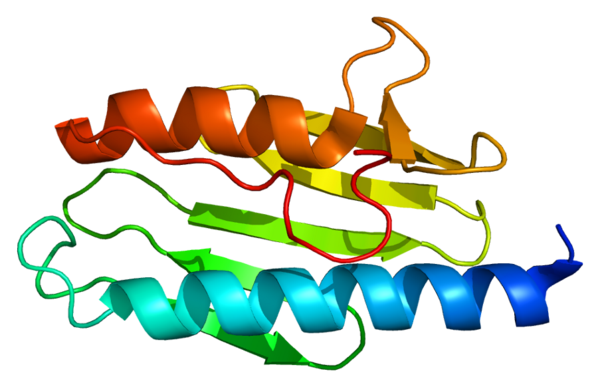Friedreich’s Ataxia Investigators

Michael Green, MD, PhD
Chair and professor of molecular, cell & cancer biology, Lambi and Sarah Adams Chair of Genetic Research, Co-director of the Li Weibo Rare Diseases Research Institute, Vice Provost for Strategic Research Initiatives
Green LabClinical Trials
At the Li Weibo Institute for Rare Diseases Research, our researchers and clinicians are dedicated to finding new treatment options for patients. Our clinical trials program is another way we continue to advance treatments and make new discoveries. If you or someone you know may be interested in a clinical trial, please subscribe for updates and you will be notified when we open up a new trial.






